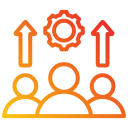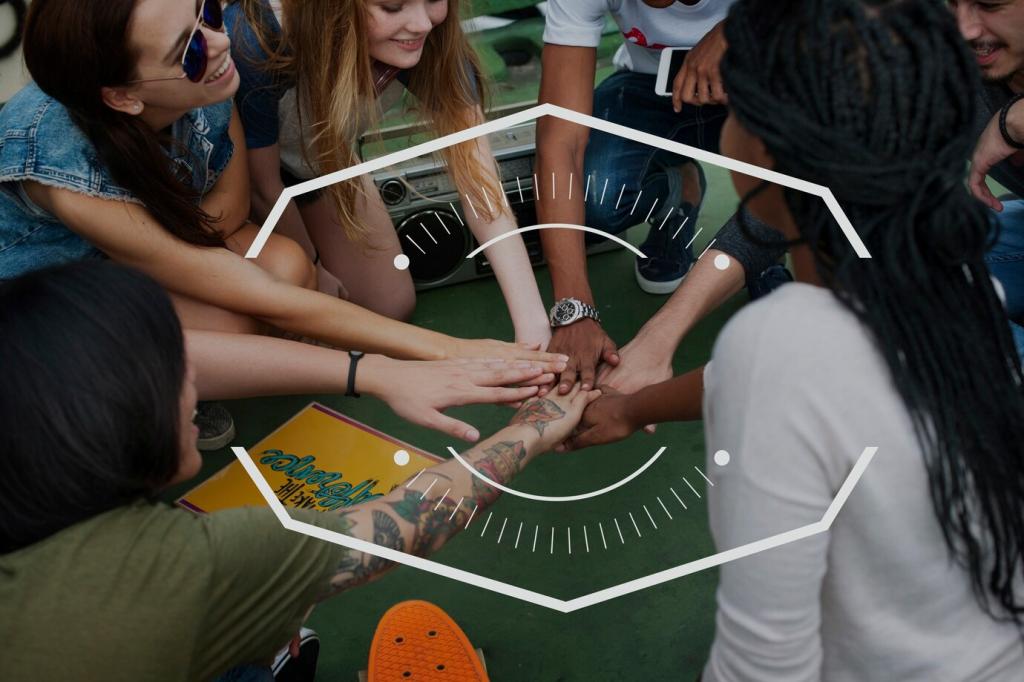Remote-Friendly Activities for Distributed Teams
Short, themed puzzles in breakout rooms encourage succinct communication and role clarity. Rotate facilitators so everyone practices guiding a group. Keep puzzles accessible and focus the debrief on how teams signaled, documented, and made decisions under gentle pressure.
Remote-Friendly Activities for Distributed Teams
Create a shared board where teammates post gratitude notes tied to specific behaviors. Asynchronous participation includes every time zone. Weekly prompts sustain the habit, and a quick Friday roundup reinforces the link between appreciation, motivation, and reliable execution.





